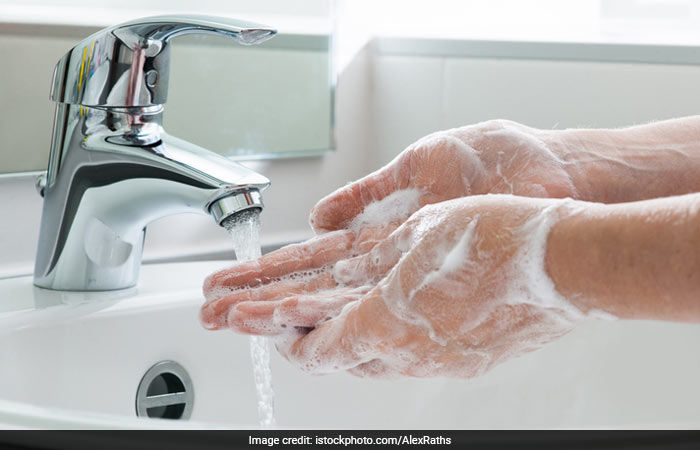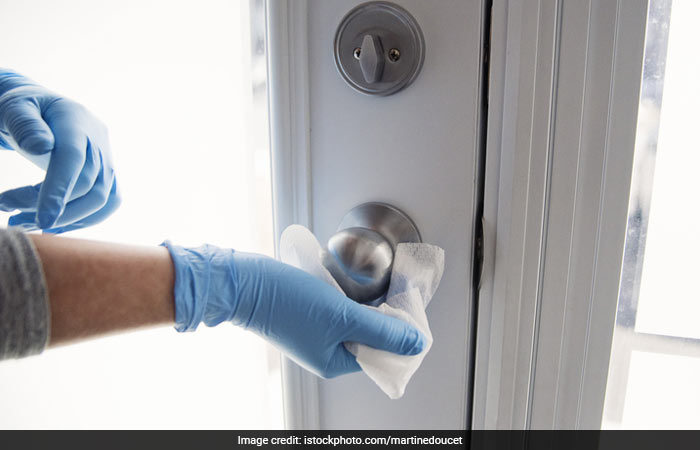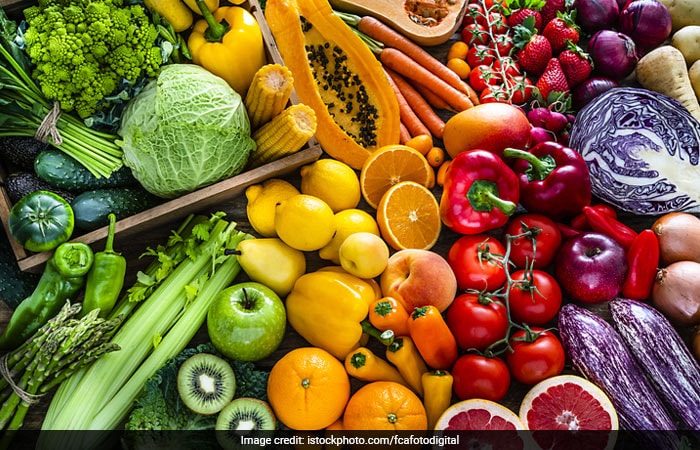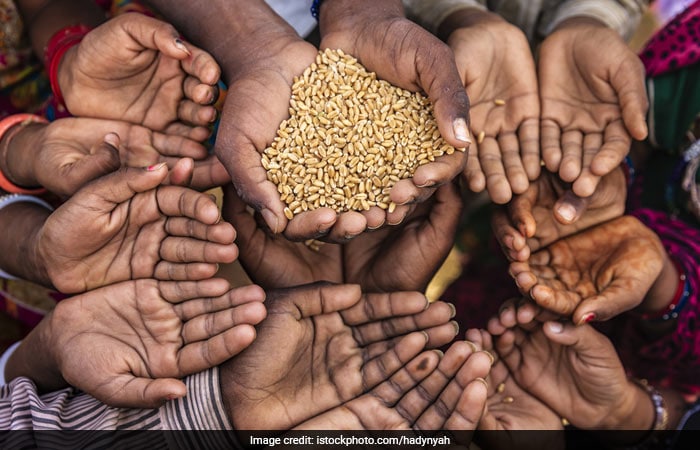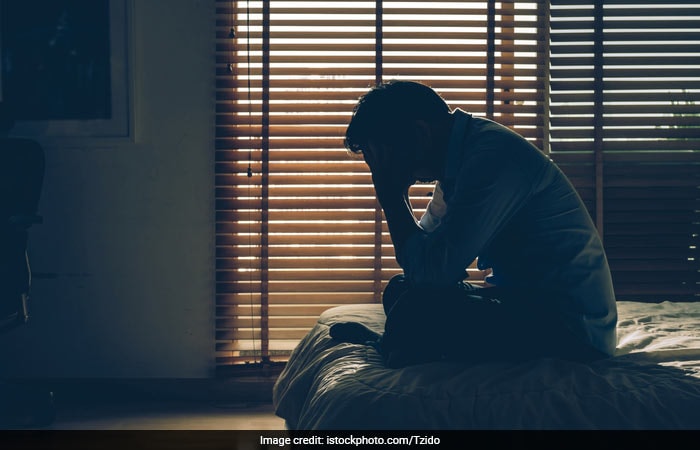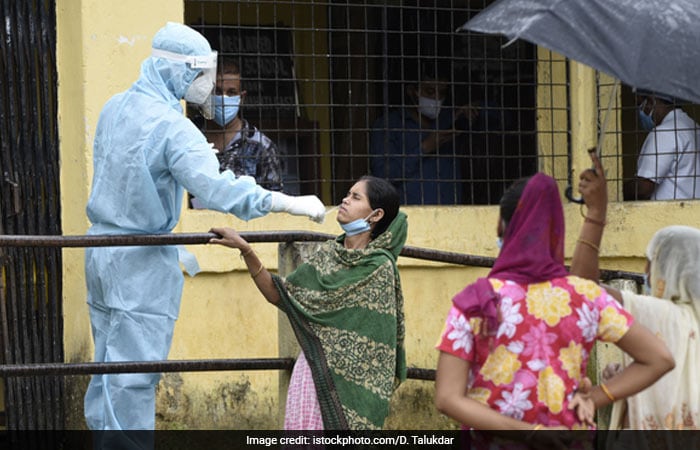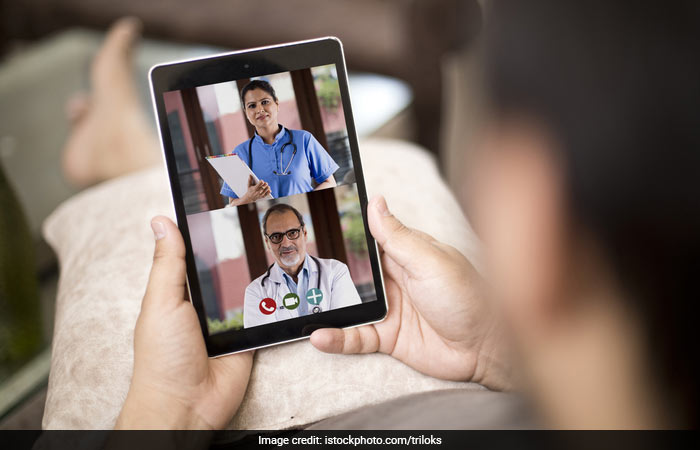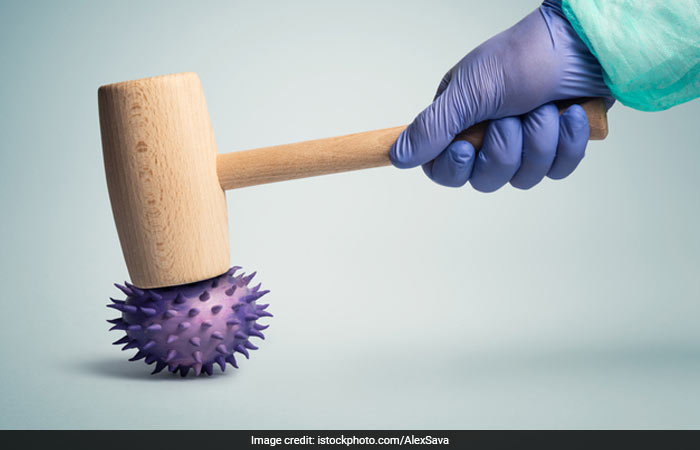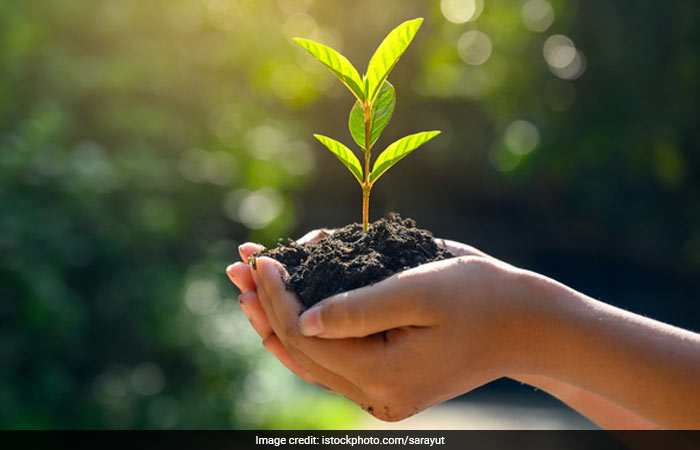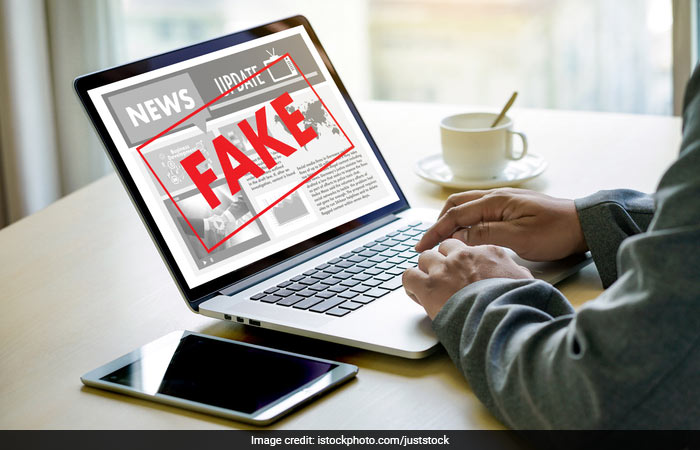#SwasthyaMantra: What Did We Learn About Health, Hygiene And Sanitation In 2020?
The Year 2020, dominated by the global pandemic of COVID-19, will go down in history as one of the most challenging years. Millions of lives were lost and millions more faced the wrath of the fast-spreading novel coronavirus, SARS-CoV-2, which first emerged a year ago in Wuhan, China. The year saw the whole world fighting a major health crisis. As the world scrambled to tackle the raging pandemic the whole year, important lessons emerged from the crisis, especially in areas of health and sanitation which must be taken seriously and implemented going forward.
-
Maintain Hand Hygiene All The Time
The year 2020 has re-established the importance of handwashing as doctors and scientists recognised this practice as an effective containment measure against the novel coronavirus and also reaffirmed the role it can play in controlling spread of other diseases as well. Dr Shweta Khandelwal, Public Health Foundation Of India (PHFI) said, 'The habit of washing hands frequently can go a long way in saving lives. It will help prevent many more diseases other than COVID-19.'
-
Overall Hygiene Must Be Maintained Too
The year 2020 has taught us that ‘hygiene' is not limited to only hand hygiene. Dr Vishal Sehgal, Medical Director, Portea Medical, a healthcare brand that focuses on providing home quarantine solutions said that in the year 2020, people have adopted ‘hygiene' in many more ways. He said, 'People have now started paying attention to respiratory hygiene, nasal and oral hygiene, food hygiene, air hygiene, and surface hygiene.' According to Dr. K K Aggarwal, President of the Confederation of Medical Association of Asia and Oceania (CMAAO) and Former President, Indian Medical Association (IMA), many life-threatening diseases like diarrhoea, typhoid and jaundice can be eradicated from the country if the people continue following a hygienic lifestyle.
-
Better Nutrition Intake Is Imperative For Improving Immunity
The importance of having a strong immune system gained prominence this year, said Dr Jagmeet Madan, President, Indian Dietetic Association. She said that by controlling lifestyle choices, nutrition intake, sleep, rest and physical activities, people can build a better immune system. She recommends taking a balanced diet comprising all major food groups every day and says that eating fresh fruits and vegetables can go a long way in staying healthy.
-
'Food Security' Is A Basic Right Of People
The year 2020 has demonstrated how important it is to uphold people's Right To Food. According to Basanta Kumar Kar, International Development Professional and Recipient of the Global Nutrition Leadership Award, the country's food security programme had proved to be a lifeline in the uncertain time of crisis. He asserted that governments must prioritise their food security programmes. He also emphasised on promoting locally produced foods and kitchen gardens.
-
Mental Health Cannot Be Ignored
The year 2020, with its uncertainties and social distancing norms, has pushed many people into mental health issues like anxiety and depression. Shumita Kakkar, Founder and Director of United We Care, a startup focused on counselling people battling mental health issues said that along with the fear of getting the infection, people have also faced loneliness this year. She added that now people have started recognising the importance of good mental health.
-
Investments Are Needed To Prepare For Future Outbreaks
Dr Ravi Mohanka, Chief Surgeon and Head of Department, Liver Transplant and HPB Surgery, Global Hospital, Mumbai highlighted that the year 2020 engulfed the world suddenly and doctors, hospitals, the government were unprepared and were soon overwhelmed. While they rose to the occasion served patients in need, it is high time that governments recognise the importance of investing more in the public healthcare system in the country. He said that only by investing in a robust public healthcare system, the future health crisis can be managed.
-
Technology Is Our Friend
According to Dr Mohanka, the country embraced technology this year like never before. He said, 'This year we as healthcare providers learnt the importance of technology and teleconsultations to continue taking care of our patients. It provides a safe interactive system between patients, both infected and uninfected, and clinicians. National and international medical organisations should consider its inclusion in their guidelines updates.'
-
Global Partnerships And Knowledge Exchange Helps Fight Health Crisis Better
Dr. Mohanka highlighted that one of the major takeaways from 2020 is that anything can be achieved with global partnerships. He said, 'The researchers were able to make promising vaccines within one year, which typically takes at least 10 years, against a virus we didn't even know existed one year ago. It is a huge achievement and this became possible only because of global partnerships and exchange of technologies.'
-
Humans Are Dependent On Nature
Environmentalist Dr Rajendra Singh, also known as the Waterman of India, highlighted that one important lesson from 2020 is that people must remember forever is that human beings are dependent on nature for their survival. He said that COVID-19 is a result of the negligent and destructive behaviour of humans against the environment. He said, 'If we continue living unsustainably post COVID-19, there will be many more deadly pandemics in the future which we will not be able to prevent.'
-
Say No To Fake News
Another important lesson from 2020 which should become a habit for life is researching before believing, said Dr Tanya Narendra, Sexual and Reproductive Health Expert, Pee Safe, a personal hygiene brand. She said that rumours can turn out to be extremely dangerous and life-threatening as half-baked information misleads people into taking wrong decisions. She said, 'Always do your research before believing anything you receive via social media or any other source and reach out to professionals when in doubt.'

